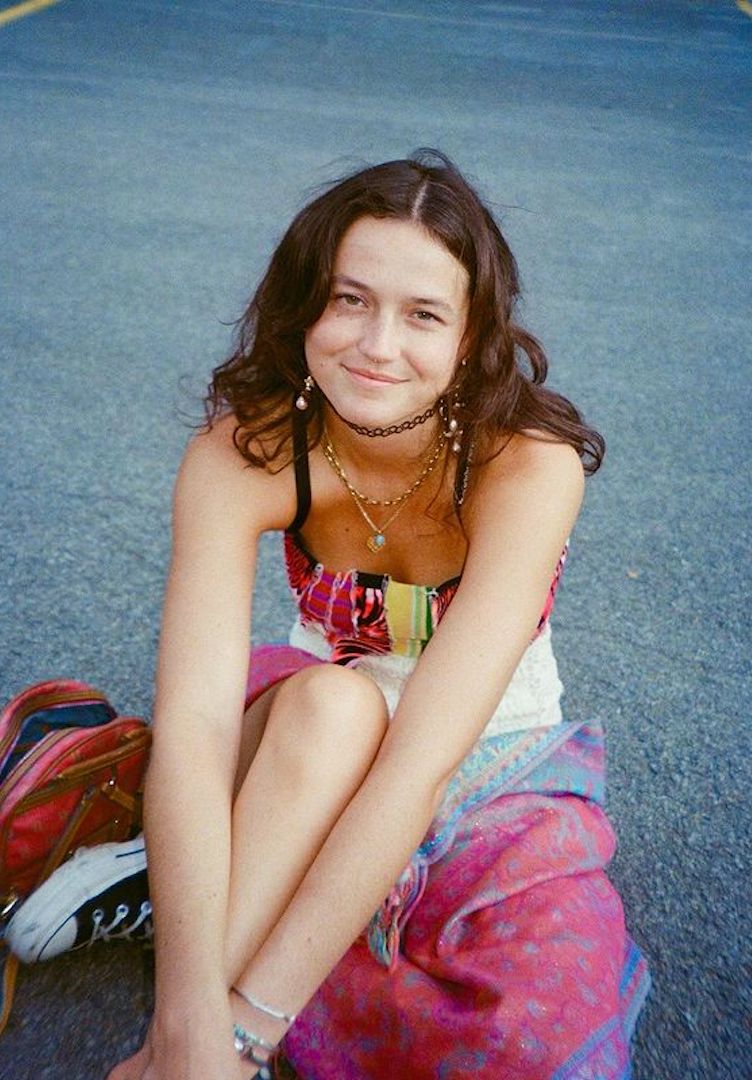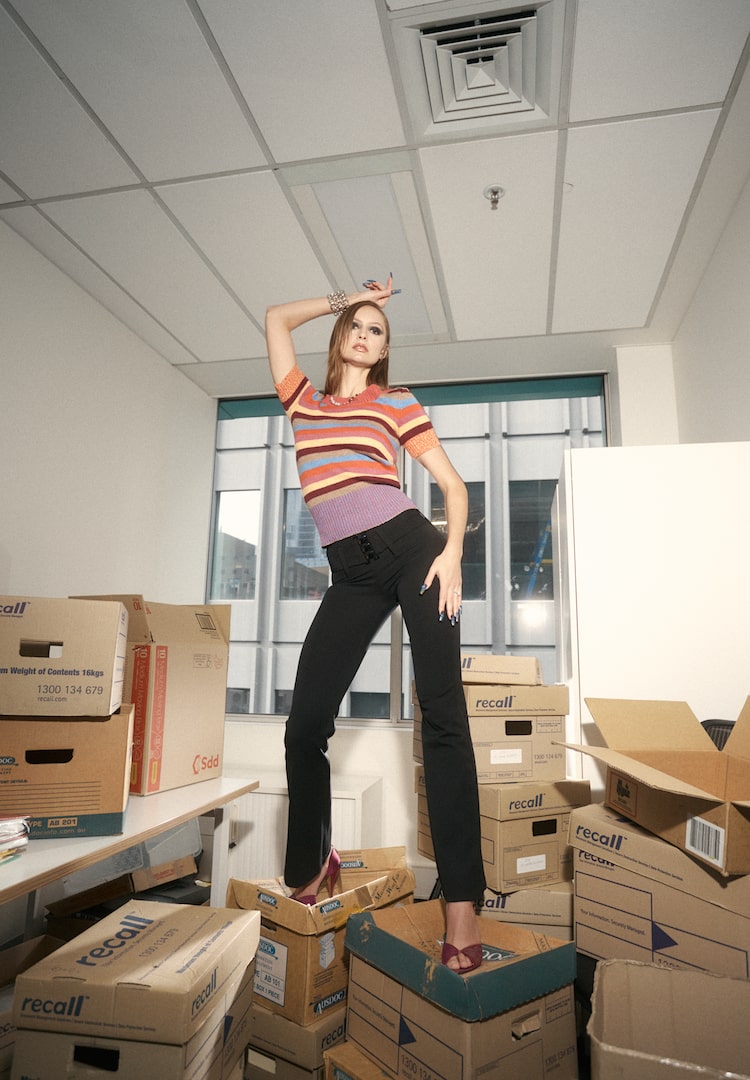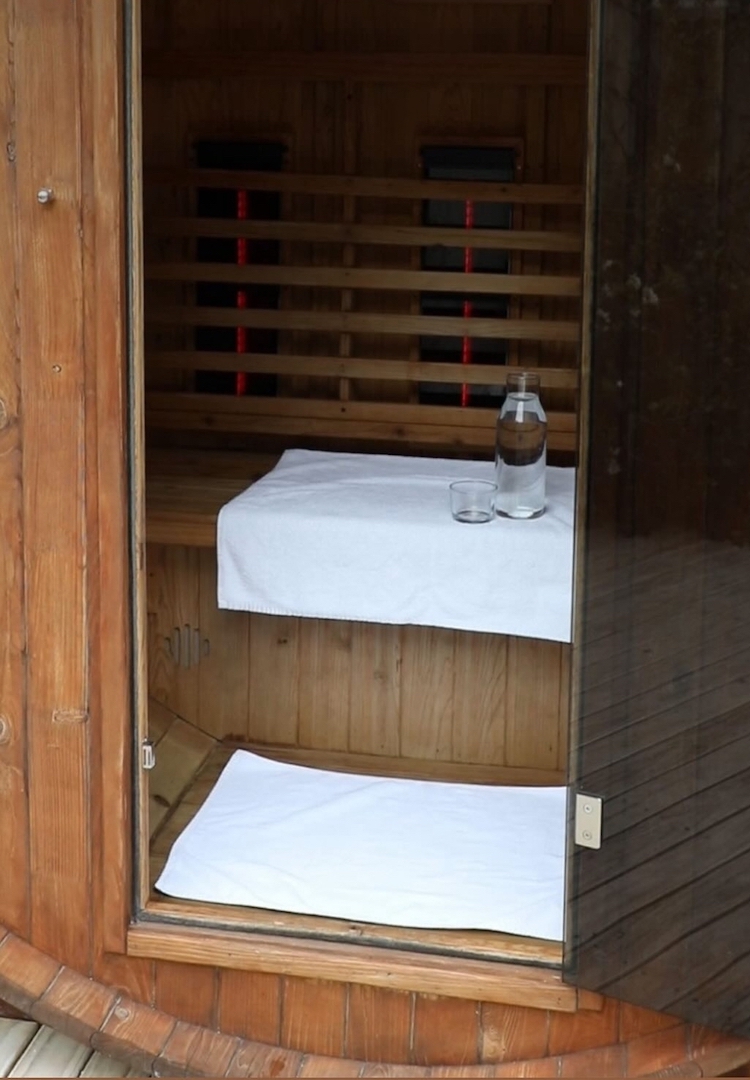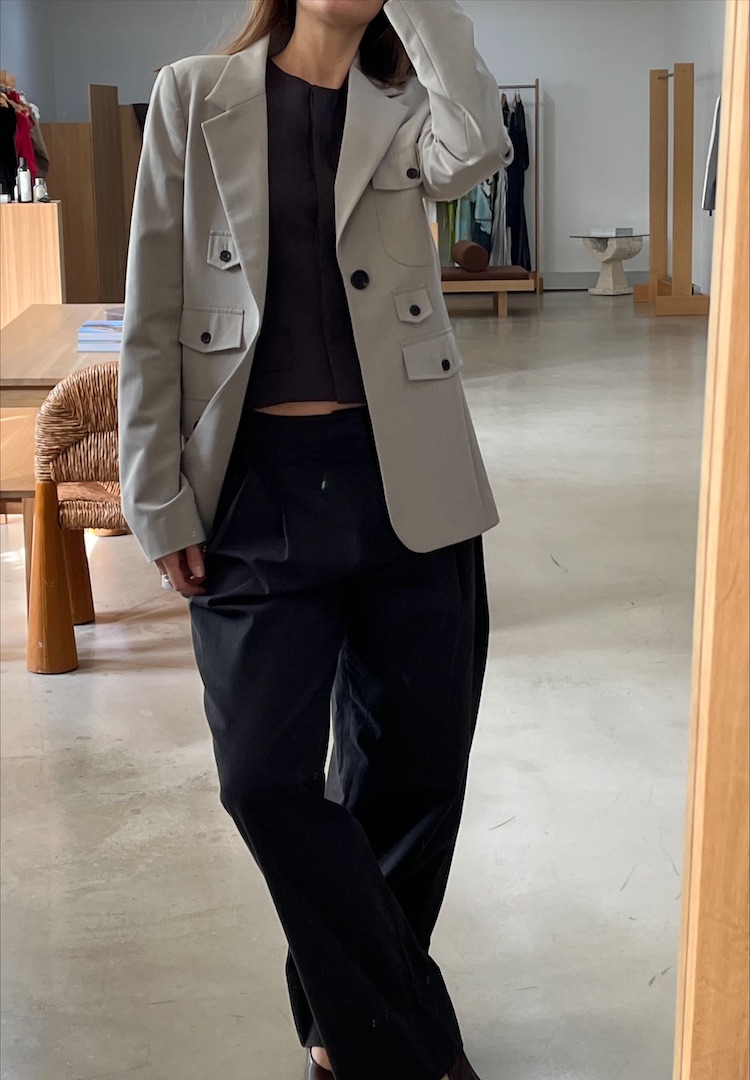I called an ethics hotline to find the answers to all my problems
WORDS BY AVA CADEE
“The Ethi-Call hotline, established by the Ethics Centre, provides a free service to walk you through the ethical dilemmas we face in our everyday lives.”
When faced with a barrage of crises – existential crisis, quarter-life crisis, what shoes do I wear crisis – it can be difficult to know where to turn for answers. The pandemic has exacerbated our loneliness and struggles with mental health, compounding the stresses of everyday decision making. It’s a story we have unfortunately become all too familiar with.
Yet in response, there is an emerging number of pathways out of the dark crevices of our rooms. Decision fatigue, the pressure and exhaustion we feel from a constant slurry of making choices, only becomes worse when we’re feeling under pressure or nervous about outcomes. At a certain point, it’s not uncommon to grow tired of being told a few rounds of deep breathing or sun salutations will ease the crippling anxieties we face.
Interested to hear how others navigate the world? Head to our Life section.
This is because in removing these actions and practices from a deeper or more holistic context, it can be easy to lose sight of a balanced perspective. At the heart of these important decisions lies a number of endless considerations, muddling our ability to find a clear starting point. In many of the key decisions we will make lie a complex set of ethics that needs to be weighed up and evaluated.
Ethical dilemmas are cropping up in increasing frequency for young people. How do I navigate my relationships across closed borders? Should I take on a corporate role so I can pay rent if my heart is in community service? Even the simple choices of oat over almond or Depop over Zara carry with them a complex set of ethical questions, turning online shopping or ordering coffee into a modern-day trolley problem.
Moving between the eastern states and Western Australia during the COVID-19 pandemic has complicated how I’ve had to make decisions over the past year. From evaluating and choosing study and career options, making new friends or dating only to pack up and leave again, I’ve found myself in a constant state of over-analysis paralysis.
I felt as though I was constantly juggling my own feelings against everyone else’s and finding it impossible to untangle myself from difficult situations. Often, I’d ring my friends and announce, ‘I have an ethical dilemma’, desperate for answers over where to turn.
One night while watching TV, I saw the founder of The Ethics Centre, Simon Longstaff, talking through the ethics around emerging out of lockdown, vaccine mandates and hospitality workers. When he mentioned there was a hotline I could call to discuss my ethical woes, I immediately booked a call with a counsellor in the hopes my anxieties would be quelled.
The Ethi-Call hotline, established by the Ethics Centre, provides a free service to walk you through the ethical dilemmas we face in our everyday lives. Ethi-Call distinguishes itself as ‘a structured and practical problem-solving approach’, as opposed to a psychological counselling service or therapy hotline. With that, I waited by the phone for my arranged counsellor to call, notebook and pen in hand.
After the hour-long call, I emerged with a greater sense of mental clarity. I found myself with a clear framework I could approach my lofty decisions with, leading a path out of the weeds. Part of me felt trivial for calling over relationship problems, but the counsellor I spoke to reassured me that it was in fact personal issues that tended to come up more than professional questions.
Instead of providing you with an absolute definitive solution to your queries or prescribing a course of action, the counsellors walk you through a series of ethical frameworks in which to view your problem. By questioning my assumptions and balancing up my options, over the course of the call, it became clearer to me what my next steps were.
I considered my rights and obligations, my values and desired outcomes as the counsellor I spoke to guided me through the bounds and limits of the dilemma I had before me. I felt relieved, to know that I had something to latch onto while I was spiralling.
It’s no surprise that the hotline has experienced increasing demand over the last few months. I spoke to the director, Michelle Bloom, who explained “Shades of grey are increasing in what is the right thing to do or what one ought to do, which is the essential question that’s answered through the ethical process”. More so, for young people, these questions are at the forefront of our minds.
“Younger people having a lot more access and awareness to the complexity of the issues, there is an awareness that younger people have the opportunity to really change the world, they do have a lot of power and are more acutely aware of the kind of different biases that exist,” Michelle tells me. It’s a particularly validating observation, given the way many young people are feeling watching climate change and political polarisation play out on the world stage, only for others’ decisions to affect our future.
I found that what resonated most deeply from the call was the fact that there isn’t always a clear cut answer. Faced with these decisions, acting with ethics in mind reveals multiple pathways instead of a singular right answer. It’s a natural urge to turn to a therapist or a counsellor of any form and beg them to tell us what to do.
Yet, as cheesy and unsatisfying as it may sound, it appears at the end of the day we are the only people truly capable of knowing what the best possible outcome for us is – sometimes we just need a little guidance getting there.
To find out more about The Ethics Centre, head here.













